Getting power to exterior floodlight
rangemark
10 years ago
Related Stories
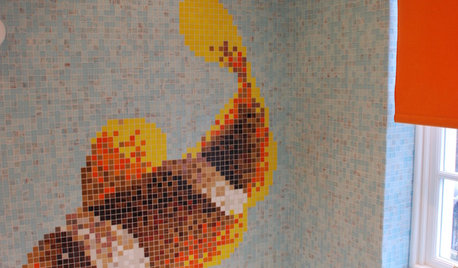
REMODELING GUIDESGet Floored by Creative Use of Tile
Don't get stuck in a subway-tile rut. Unlock the imaginative power of tile for floors and walls that will knock their socks off
Full Story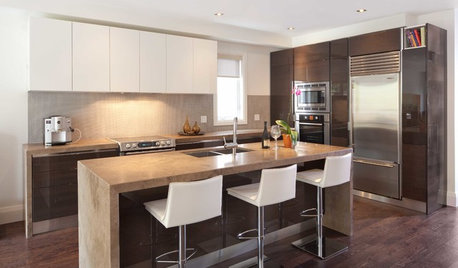
LIGHTINGGet Your Home's Recessed Lighting Right
Learn the formula for how much light a room needs plus how to space downlights, use dimmers and more
Full Story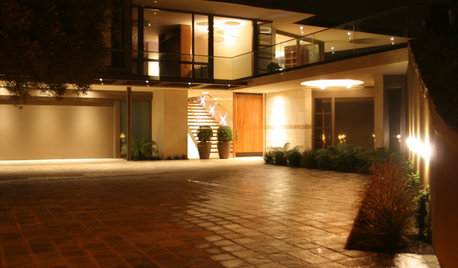
GARDENING AND LANDSCAPING9 Outdoor Lighting Schemes That Get Universal Design Right
Boost safety and a feeling of welcome with exterior lighting that offers visual cues and clearly defines paths
Full Story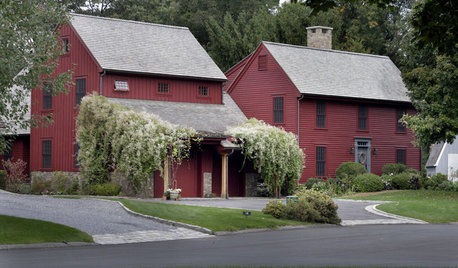
GREAT HOME PROJECTSReady to Repaint Your Home’s Exterior? Get Project Details Here
Boost curb appeal and prevent underlying damage by patching and repainting your home’s outer layer
Full Story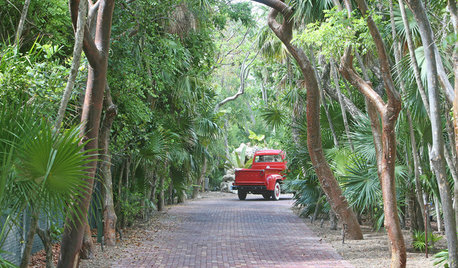
LANDSCAPE DESIGNThe Unparalleled Power of Trees
Discover the beauty and magic of trees, and why a landscape without them just isn't the same
Full Story
GREAT HOME PROJECTSPower to the People: Outlets Right Where You Want Them
No more crawling and craning. With outlets in furniture, drawers and cabinets, access to power has never been easier
Full Story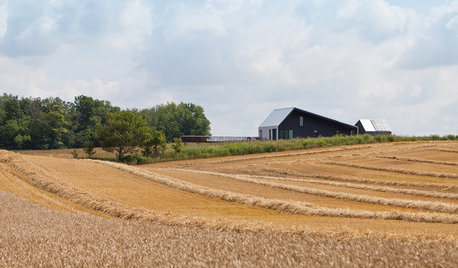
GREEN BUILDINGOff the Grid: Ready to Pull the Plug on City Power?
What to consider if you want to stop relying on public utilities — or just have a more energy-efficient home
Full Story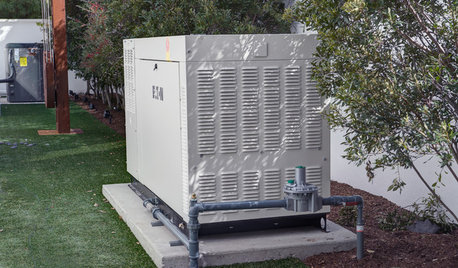
DISASTER PREP & RECOVERYMore Power to You: How to Pick the Right Generator
If your home's electricity goes, don't let it take your necessities with it — keep systems running with this guide to backup power
Full Story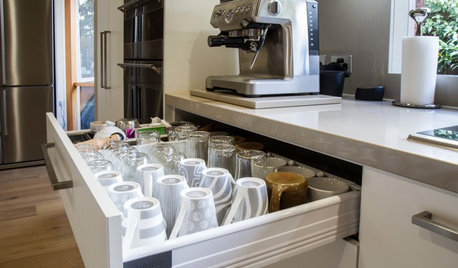
KITCHEN STORAGEPulling Power: Clever Drawer Tactics for a Kitchen
It’s not how many drawers you have in your kitchen; it’s how they work for you
Full Story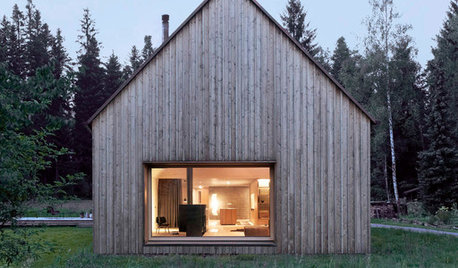
MOST POPULARA Few Words on the Power of Simplicity
An architect considers a pared-down approach to modern home design
Full StoryMore Discussions






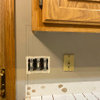
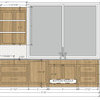


Ron Natalie
ionized_gw
Related Professionals
Dunkirk General Contractors · Franklin General Contractors · Green Bay General Contractors · Lincoln General Contractors · Little Egg Harbor Twp General Contractors · New Baltimore General Contractors · Springboro General Contractors · Tyler General Contractors · Warrenville General Contractors · Wyomissing General Contractors · Baileys Crossroads General Contractors · Wolf Trap Handyman · Half Moon Bay Solar Energy Systems · Highland Park Home Automation & Home Media · Scottsdale Home Automation & Home Mediakudzu9
bus_driver
joefixit2
ionized_gw
Ron Natalie
bus_driver